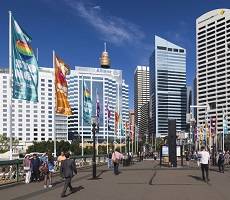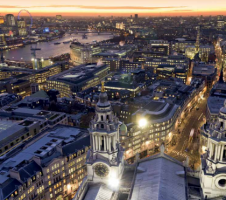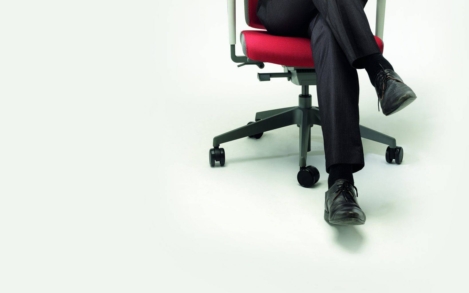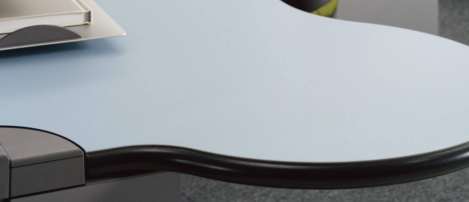October 16, 2015
Sydney leads the way in activity-based working finds global cities report 0
 If employers want to attract the best, they need to create spaces where their staff want to work, because providing an inspiring and enjoyable office is now the most critical, cost-effective way to successfully attract the world’s most talented employees. Knight Frank’s Global Cities: The 2016 Report highlights a shift in thinking by the newest generation of workers who expect the same kind of environment which historically, was the preserve of technology and media firms. This new office combines collaborative spaces with individual work areas, as well as providing amenities that encourage people to think of work as an extension of home. Sydney is leading the way with just under a third (28 percent) of all offices already offering activity-based working (ABW) for employees, where the workspace is specifically designed to suit the whole range of activities which will be accommodated.
If employers want to attract the best, they need to create spaces where their staff want to work, because providing an inspiring and enjoyable office is now the most critical, cost-effective way to successfully attract the world’s most talented employees. Knight Frank’s Global Cities: The 2016 Report highlights a shift in thinking by the newest generation of workers who expect the same kind of environment which historically, was the preserve of technology and media firms. This new office combines collaborative spaces with individual work areas, as well as providing amenities that encourage people to think of work as an extension of home. Sydney is leading the way with just under a third (28 percent) of all offices already offering activity-based working (ABW) for employees, where the workspace is specifically designed to suit the whole range of activities which will be accommodated.








 Investment in
Investment in 
 In years gone by, a ‘one size fits all’ approach to office design might have been the norm, but as the decades have progressed, so too have the options available to businesses designing ‘homes from home’ for their office-based workforces. As new interpretations of the office environment proliferated, so the open plan model came to into being and eventually evolved into the default office design model. This initially brought greater variety than ever before but, ultimately, a one size fits all mentality in
In years gone by, a ‘one size fits all’ approach to office design might have been the norm, but as the decades have progressed, so too have the options available to businesses designing ‘homes from home’ for their office-based workforces. As new interpretations of the office environment proliferated, so the open plan model came to into being and eventually evolved into the default office design model. This initially brought greater variety than ever before but, ultimately, a one size fits all mentality in 
 I was involved in a meeting with an office fit-out company this week which involved a discussion of how their clients can develop misconceptions about the extent to which their contemporaries are introducing new office design and management models based on agile working, shared space, mobile technology and all that other good stuff. This presents a particular challenge for firms in the sector because their day to day experiences of what clients talk about and ask from them can be pretty removed from the things talked about in the media. If you were to judge the state of the office solely on the basis of what you read and hear and see at shows, it would be easy to conclude that the office is indeed dying and dragging down with it the markets for office furniture, commercial property and traditional technology. The problem is that the facts don’t support that notion at all.
I was involved in a meeting with an office fit-out company this week which involved a discussion of how their clients can develop misconceptions about the extent to which their contemporaries are introducing new office design and management models based on agile working, shared space, mobile technology and all that other good stuff. This presents a particular challenge for firms in the sector because their day to day experiences of what clients talk about and ask from them can be pretty removed from the things talked about in the media. If you were to judge the state of the office solely on the basis of what you read and hear and see at shows, it would be easy to conclude that the office is indeed dying and dragging down with it the markets for office furniture, commercial property and traditional technology. The problem is that the facts don’t support that notion at all.
 A new study from US based technology research organisation ABI Research claims that sales of tablets as well as their worldwide user base will start to shrink next year for the first time. According to
A new study from US based technology research organisation ABI Research claims that sales of tablets as well as their worldwide user base will start to shrink next year for the first time. According to 



















October 14, 2015
Sitting down is no worse than standing for long periods, claims new study 0
by Mark Eltringham • Comment, News, Wellbeing, Workplace design
(more…)